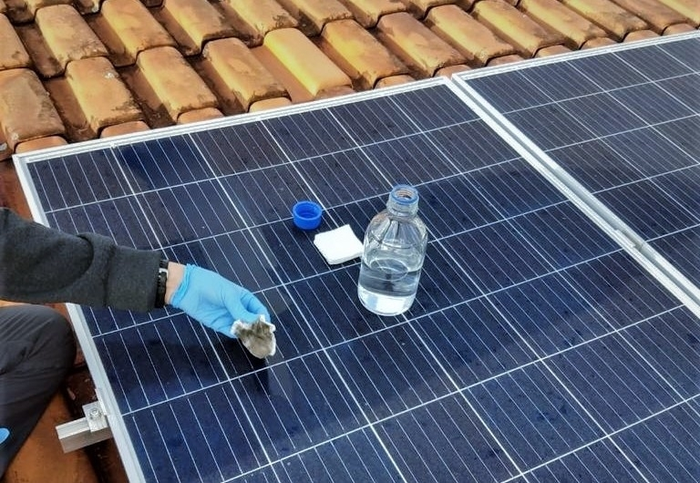Scientists at Brazil's research agency, Fasesp, have conducted a study to analyze the presence of micro-organisms on the surface of photovoltaic panels installed in tropical regions.
The researchers profiled all the microbes they found on PV systems located in Sorocaba and Itatiba, in São Paulo state, through 16S rRNA gene sequencing, which is commonly used to identify, classify, and measure the volume of microbes within complex biological mixtures such as environmental samples and gut samples. They also used PICRUSt, which is a bioinformatics software package designed to predict metagenome functional content.
“In view of their characteristics, the microorganisms identified have significant potential to be developed into products that entail long periods of exposure to sunlight, such as sunscreens and pigments for processed foods, chemicals, textiles, pharmaceuticals and cosmetics, as well as more efficient detergents with antimicrobial action for cleaning the panels themselves,” the Brazilian group stated.
The composition of the microbes was found to be very similar to that found in similar experiments carried out in Spain and the United States, as well as in the Arctic and Antarctic regions. The micro-organism profiles identified by the academics are said to be consistent with the harsh environment represented by PV systems located in tropical regions. “The presence of stress genes in the predicted functional content was … preliminary evidence that microbes living there are a [possible] source of metabolites with biotechnological interest,” the research team further explained.
The scientists added, the presence of microbes is often detected in the dust that accumulates on the panels, and their role in reducing the modules' efficiency should be further investigated. “As a survival strategy, some bacteria cluster in biofilms that line the panels and reduce their capacity to capture solar radiation,” they emphasized.
The results of the analysis were published in the study Extremophilic taxa predominate in a microbial community of photovoltaic panels in a tropical region, published in FEMS Microbiology Letters, the official journal of the Federation of European Microbiology Societies.
This content is protected by copyright and may not be reused. If you want to cooperate with us and would like to reuse some of our content, please contact: editors@pv-magazine.com.




By submitting this form you agree to pv magazine using your data for the purposes of publishing your comment.
Your personal data will only be disclosed or otherwise transmitted to third parties for the purposes of spam filtering or if this is necessary for technical maintenance of the website. Any other transfer to third parties will not take place unless this is justified on the basis of applicable data protection regulations or if pv magazine is legally obliged to do so.
You may revoke this consent at any time with effect for the future, in which case your personal data will be deleted immediately. Otherwise, your data will be deleted if pv magazine has processed your request or the purpose of data storage is fulfilled.
Further information on data privacy can be found in our Data Protection Policy.